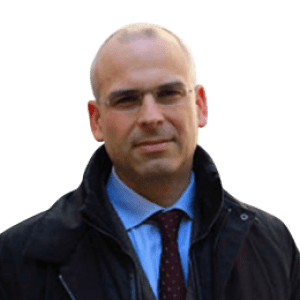Search
Market Making as Crisis Management: A History of the 1985 White Paper
At the Castello Sforzesco, in the 1985 meeting, the European Council agreed with the Commission’s conclusion that an internal market could provide the economic and social “crisis management” the Community needed and secure its global economic competi...
On the Amato et al. proposal for a European Debt Agency: a preliminary legal analysis
A preliminary legal analysis of the proposal for a European Debt Agency (EDA). EDA represents a ground-breaking initiative to address the complex challenges of sovereign debt management within the European Union. A Working Paper by Rosalba Famà...
Poland’s Presidential Election Reveals Deep Divisions with European and Global Implications
A political deadlock between a pro-European government and a euroskeptic president could weaken the country's standing within the EU and undermine the European response to Russia’s invasion of Ukraine. A commentary by Catherine De Vries
Who’s to Blame for the EU’s “Internal Tariffs”?
In response to US protectionism, many governments decry fragmentation in the European market — barriers they themselves enforce. A commentary by Lorenzo Bini Smaghi
A Good Restart
While the proof of the pudding will be, as always, in the eating, the UK-EU 19 May Summit can justly be said to have laid out an enticing menu. A commentary by Sir Alan Dashwood
Car Sales Suggest CO₂ Emissions Penalty Suspension Hinder Auto Innovation in Europe
By changing the rules before the actual impact of the 2025 penalties could be assessed, the European Parliament has undermined the very mechanism the EU had in place to foster innovation and competitiveness within the EU auto industry. A commentary b...
Zirpoli Francesco
Image

Francesco Zirpoli
Cavara, Rachele
Image

Rachele Cavara
Trumponomics Faces Market Test: Implications for Europe
Trumponomics Faces Market Test: Implications for EuropeThe heightened risk aversion triggered by Trump's policies has not spread to Europe, where optimism prevails regarding more cohesive and responsive policymaking. A commentary by Lorenzo Bini Smag...
Two (Wrong) Reasons Why the ECB May Decide Not to Cut Rates
The US-China tariff negotiations and a renewed focus on the long term should not lead the ECB to reconsider its decision. A commentary by Lorenzo Bini Smaghi